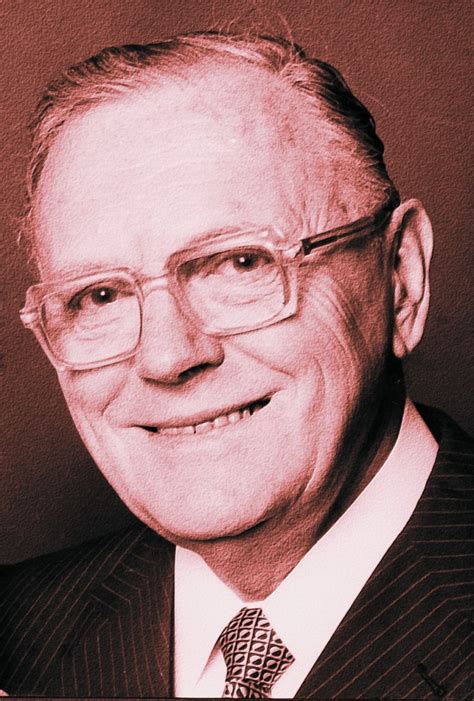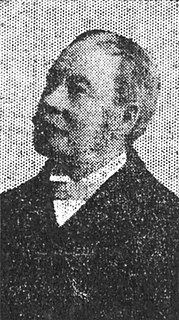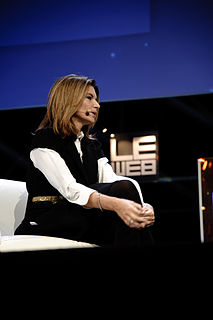A Quote by Francois de La Rochefoucauld
The esteem of good men is the reward of our worth, but the reputation of the world in general is the gift of our fate.
Related Quotes
We acquire the love of people who, being in our proximity, are presumed to know us; and we receive reputation or celebrity, from such as are not personally acquainted with us. Merit secures to us the regard of our honest neighbors, and good fortune that of the public. Esteem is the harvest of a whole life spent in usefulness; but reputation is often bestowed upon a chance action, and depends most on success.
The very best reason parents are so special . . . is because we are the holders of a priceless gift, a gift we received from countless generations we never knew, a gift that only we now possess and only we can give to our children. That unique gift, of course, is the gift of ourselves. Whatever we can do to give that gift, and to help others receive it, is worth the challenge of all our human endeavor.
Stressing the practice of living purposefully as essential to fully realized self-esteem is not equivalent to measuring an individual's worth by his or her external achievements. We admire achievements-in ourselves and others-and it is natural and appropriate for us to do so. But that is not the same thing as saying that our achievements are the measure or grounds of our self-esteem. The root of our self-esteem is not our achievements but those internally generated practices that, among other things, make it possible for us to achieve.
Reputation is seeming; character is being. Reputation is manufactured; character is grown. Reputation is your photograph; There is a vast difference between character and reputation. Reputation is what men think we are; character is what God knows us to be. Reputation is seeming; character is being. Reputation is the breath of men; character is the inbreathing of the eternal God. One may for a time have a good reputation and a bad character, or the reverse ; but not for long.
We label judges with having the meanest motives, and yet we desire that our reputation and fame should depend upon the judgment of men, who are all, either from their jealousy or preoccupation or want of intelligence, opposed to us - and yet despite their bias, just for the sake of making these men decide in our favor, we peril in so many ways both our peace and our life.
Dear London, British fashion is a serious business. The British fashion industry is worth £21bn to the U.K. economy and employs 819,000 people across the country. With your help, we would like to see these numbers rise for the good of our industry, our talented designers, and our reputation worldwide.
As we explore the nature of our gift, our goal is to move toward this kind of giving: cheerful giving that flows gently and easily, kingly giving that flows surely from who we are. As we encounter the questions—Who are we ? What do we love ?—the gift we bring will be easy, because our gift naturally emerges from who we are. The offering we bring is ourselves, just as we are. Our gift is our true nature. There can be no greater gift than this.
As Muslim women, we have been liberated from this silent bondage. We don’t need society’s standard of beauty or fashion, to define our worth. We don’t need to become just like men to be honored, and we don’t need to wait for a prince to save or complete us. Our worth, our honor, our salvation, and our completion lies not in the slave. But, in the Lord of the slave.




































